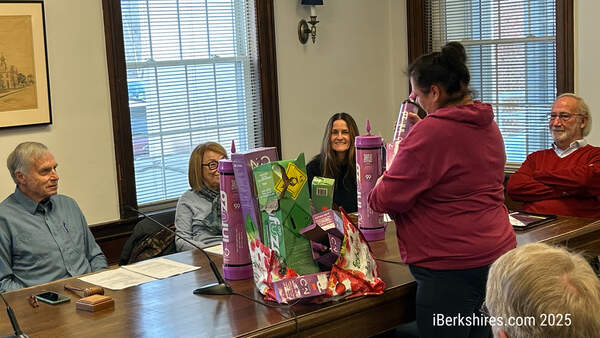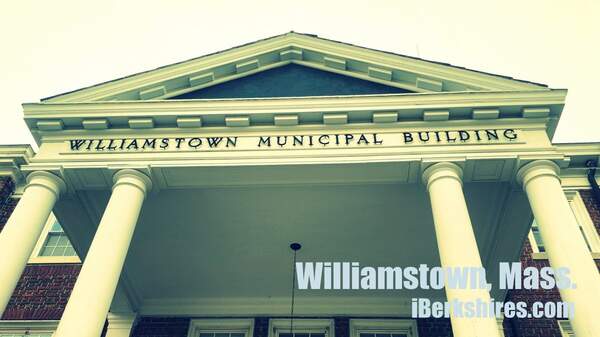Williams Names Schumann Visiting Professor in Democratic Studies
 |
| Rowan R. Phillips |
WILLIAMSTOWN, Mass. — Williams College has announced the appointment of Rowan R. Phillips, multi-award-winning poet, author, screenwriter, academic, translator, and journalist, as the W. Ford Schumann Distinguished Visiting Professor in Democratic Studies. Phillips will assume the position at the start of the spring 2020 semester.
One of the key elements of the W. Ford Schumann endowment is the visiting professorship, which works to promote campus dialogue on the subjects of democracy and civic responsibility. During his time at Williams, Phillips plans to organize public lectures and forums on campus and teach the course Democratic Vistas, a seminar that will focus on the ways in which texts create nuanced representations of democratic ideals and practices, as well as representations of the failures of democratic ideals and practices.
"I can't wait to get started," Phillip said. "I'm looking forward to meeting the students, faculty, staff, and alumni who comprise this beautiful community. Be it in my seminar, Democratic Vistas, or at the events such as when Teju Cole and Ishion Hutchinson visit campus for 'Silent Poems, Talking Pictures, and the Infinite Playlist,' we'll be together on this fun journey, this exploration of the tricky terrain where the Humanities and Democratic Studies meet. Here's to those travels. And to the vistas we see along the way.”
The author of three books of poetry, a book of literary criticism, a non-fiction book on tennis, and a book-length translation of fiction, Phillips has been awarded the Nicolás Guillén Outstanding Book Award, the Anisfield-Wolf Book Award, a Guggenheim Fellowship, the PEN/ESPN Award for Literary Sportswriting, the PEN/Joyce Osterweil Award for Poetry, a Whiting Award, and the GLCA New Writers Award. He has also been a finalist for the Griffin International Poetry Prize, the National Book Award, and the Los Angeles Times Book Prize.
With a B.A. from Swarthmore College and a Ph.D. in English literature from Brown University, Phillips teaches English literature and creative writing at Stony Brook University and Princeton University. His poetry has been adapted for music and subsequently appeared on Spike Lee's Netflix series "She's Gotta Have It." He is currently writing the screenplay for Legendary Pictures' biopic on baseball icon Roberto Clemente.
W. Ford Schumann Distinguished Visiting Professor in Democratic Studies was endowed in 2000 by the Schumann Center for Media and Democracy, formerly the Florence and John Schumann Foundation, with a gift of $2.5 million. The Schumann family gave an additional $500,000 to support the W. Ford Schumann Faculty Fellowship.
Tags: Williams College,















